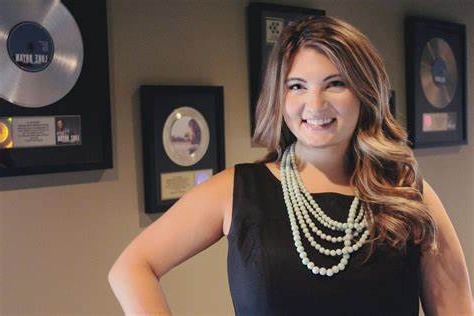What is Music Licensing, and Why is it Important?
BeatBrdg Resources – Industry Sector – Licensing






Licensing is a legal agreement between a music creator or owner and a third party that grants the third party permission to use the musical work in exchange for payment. This agreement outlines the specific terms and conditions of how the musical work can be used, including the duration, scope, and purpose of the use.
In the music business, there are different types of licenses that a music creator can grant to third parties, depending on the nature of the musical work and the intended use. For example, mechanical licenses allow a third party to reproduce and distribute a musical composition (i.e., the underlying melody and lyrics) in a physical or digital format. This type of license is commonly used by record labels, music streaming services, and other music distributors.
Synchronisation licenses, on the other hand, allow a third party to use a musical work in an audiovisual production such as a movie, TV show, or commercial. This license typically involves syncing the musical work with a visual component, such as a scene or an advertisement, and can be granted to the producer, director, or ad agency responsible for the project.
Performance licenses are required for the public performance of musical works, such as in live concerts, radio broadcasts, or music streaming services. These licenses are typically issued by performing rights organizations (PROs) on behalf of music creators, and the fees collected are distributed as royalties to the creators.
Licensing is essential in the music business for several reasons.
Firstly, it enables music creators to earn income from their works by granting permission for their use in exchange for payment. This income is essential for the livelihood of music creators, including songwriters, composers, performers, and producers, who rely on royalties to support their careers.
Secondly, licensing helps to protect the rights of music creators by ensuring that their works are used in a legal and ethical manner. Without licensing, third parties could use musical works without permission, resulting in lost revenue and potential copyright infringement. Licensing ensures that music creators retain control over how their works are used and compensated for their use.
Thirdly, licensing provides a means for third parties to obtain legal permission to use musical works, thereby avoiding potential legal disputes and liability. By obtaining a license, a third party can be assured that they are using the musical work in a legal and legitimate manner, and that they are not infringing on the rights of the music creator.
In summary, licensing is an essential aspect of the music business, as it allows music creators to monetise their works, protect their rights, and ensure that their works are used in a legal and ethical manner. Through licensing, music creators and third parties can work together to facilitate the fair and legal use of musical works while promoting creativity and innovation in the music industry.
If you are interested in building a career in music licensing, BeatBrdg can help. Click the apply now button above, and let’s get started!
Learn More About Licensing



